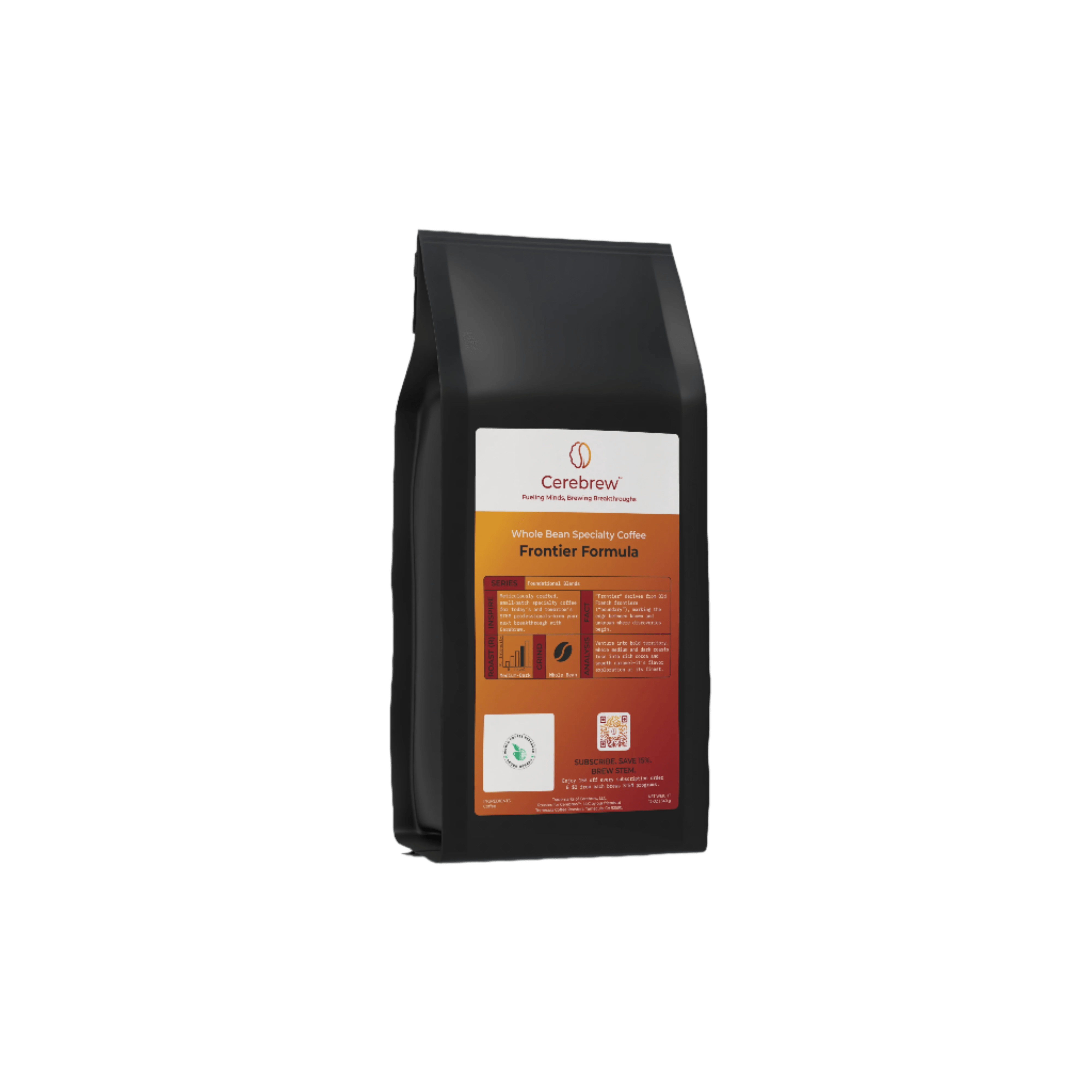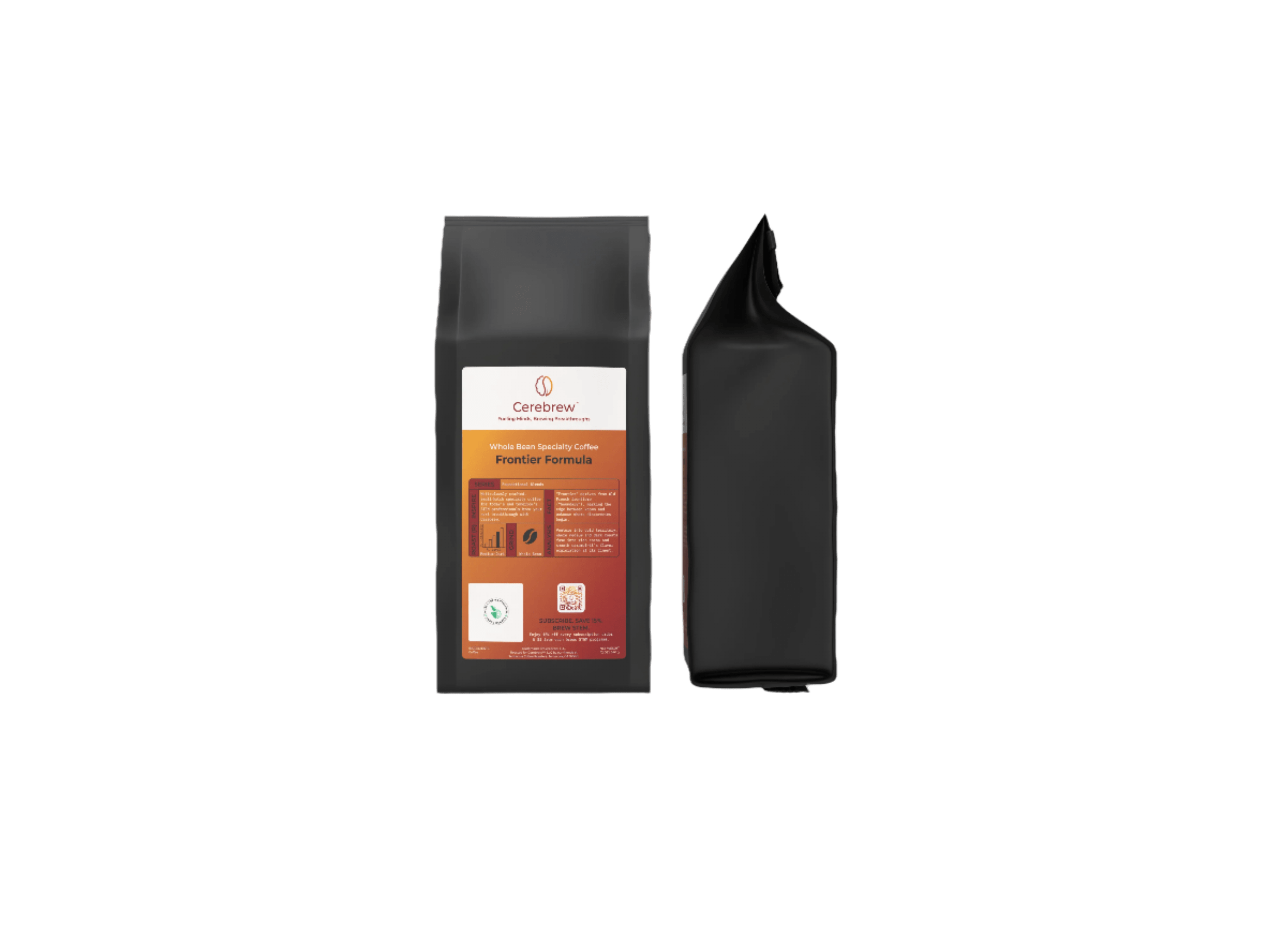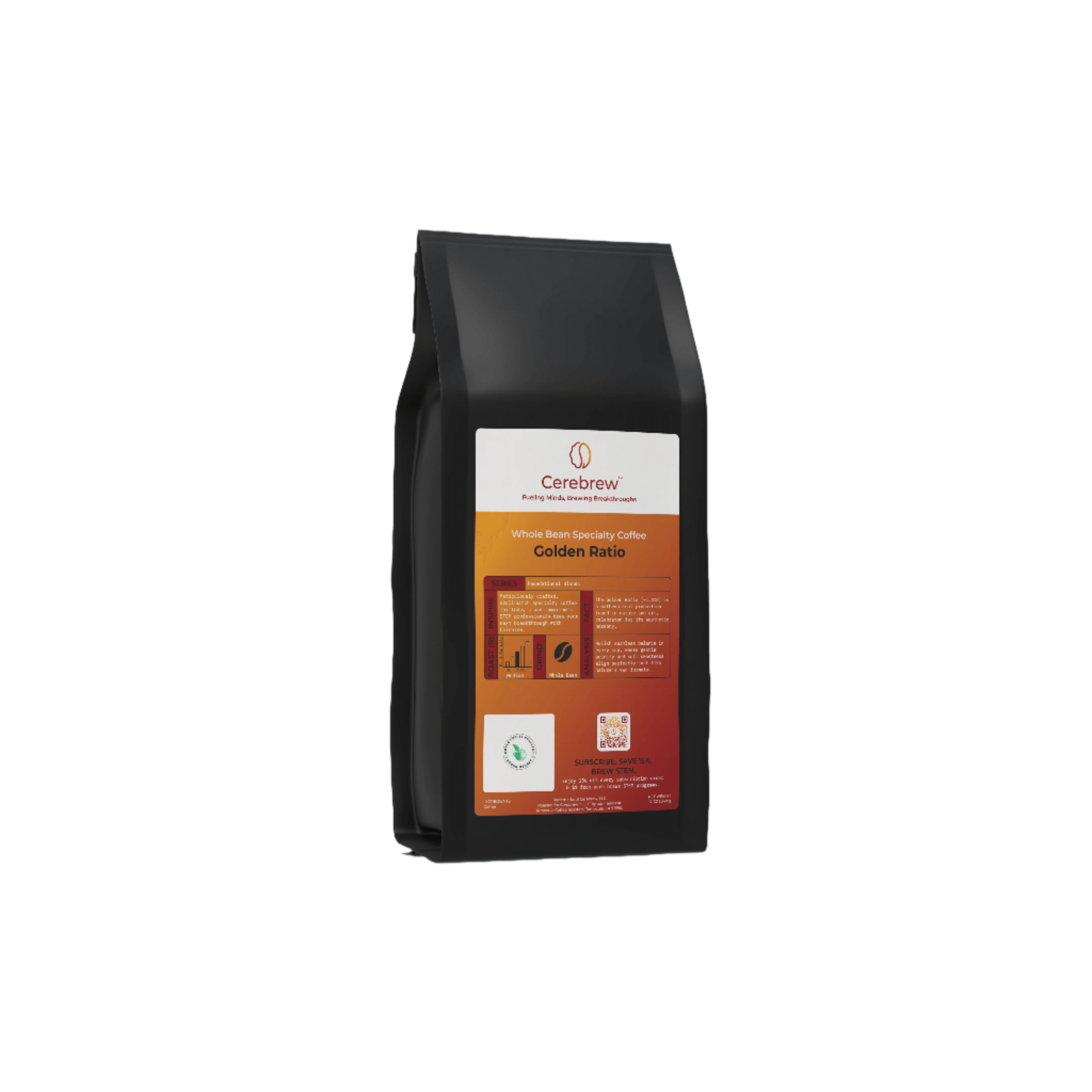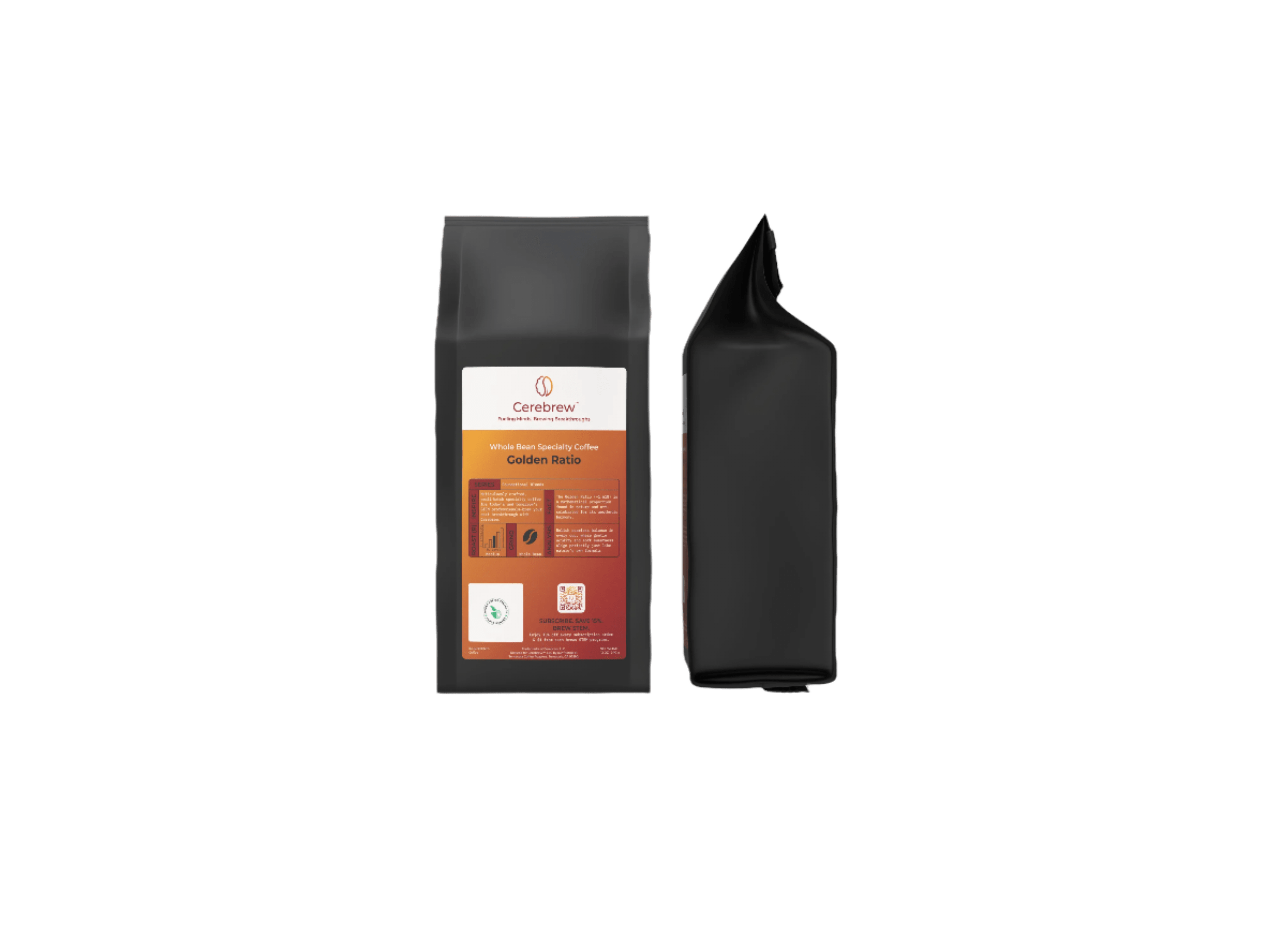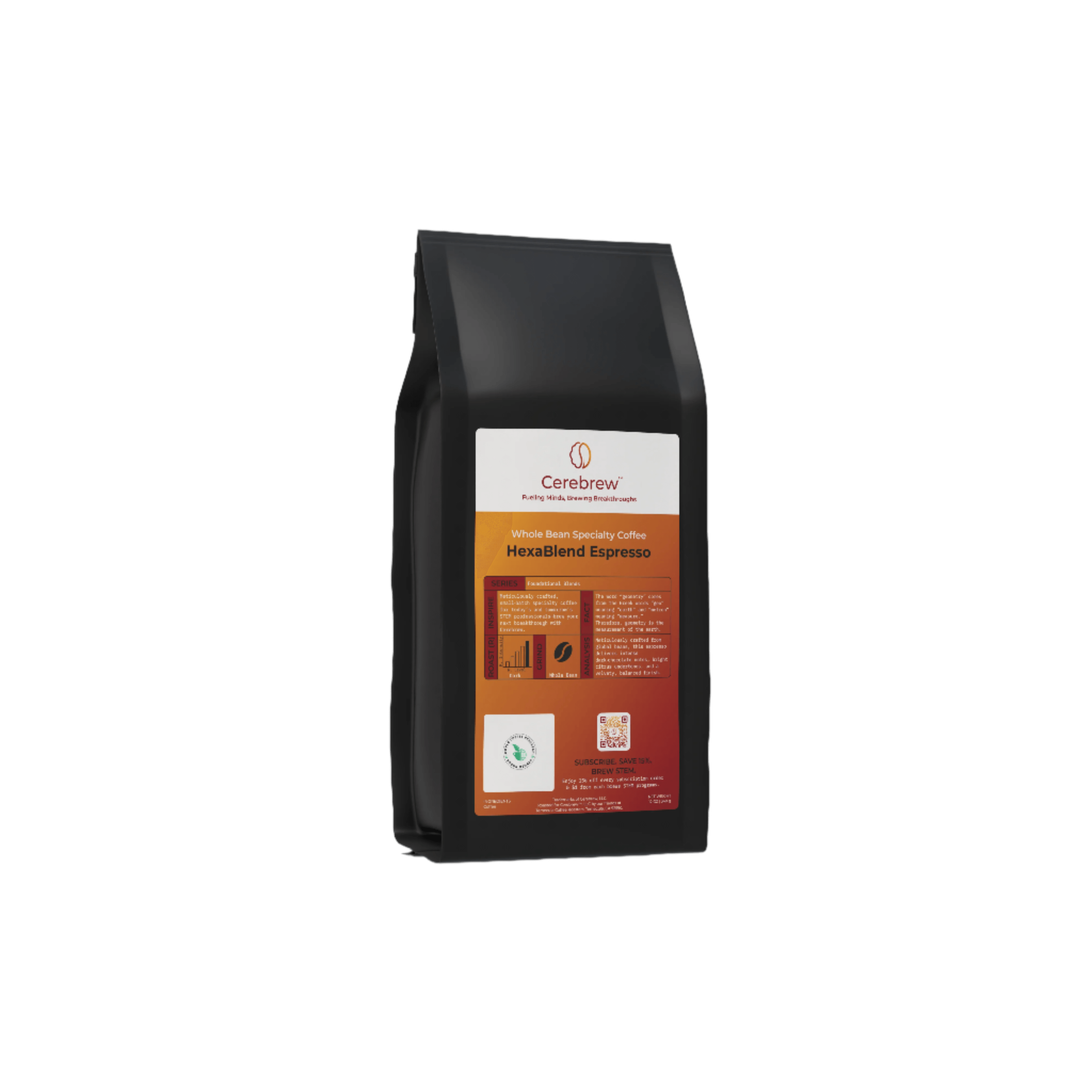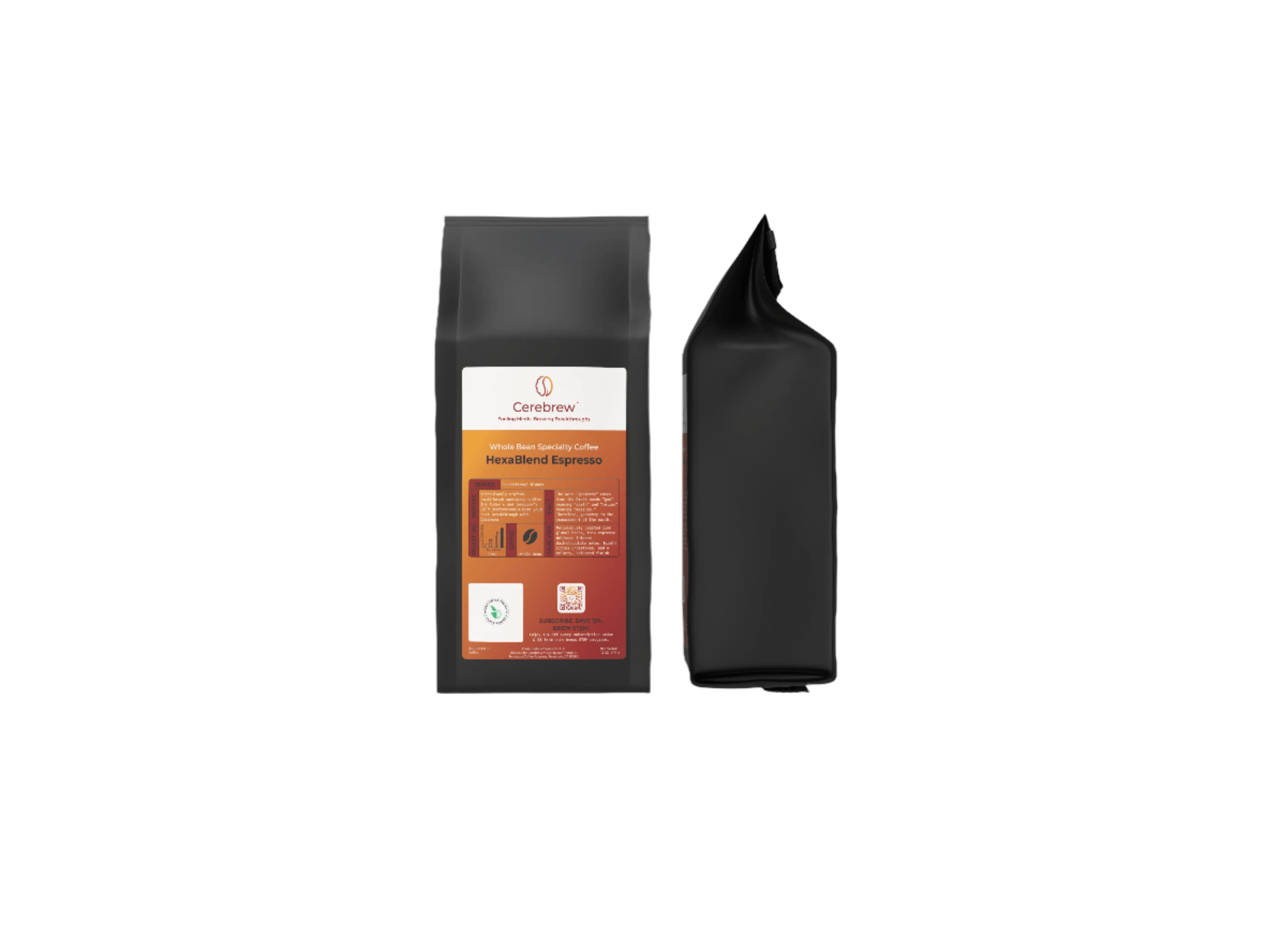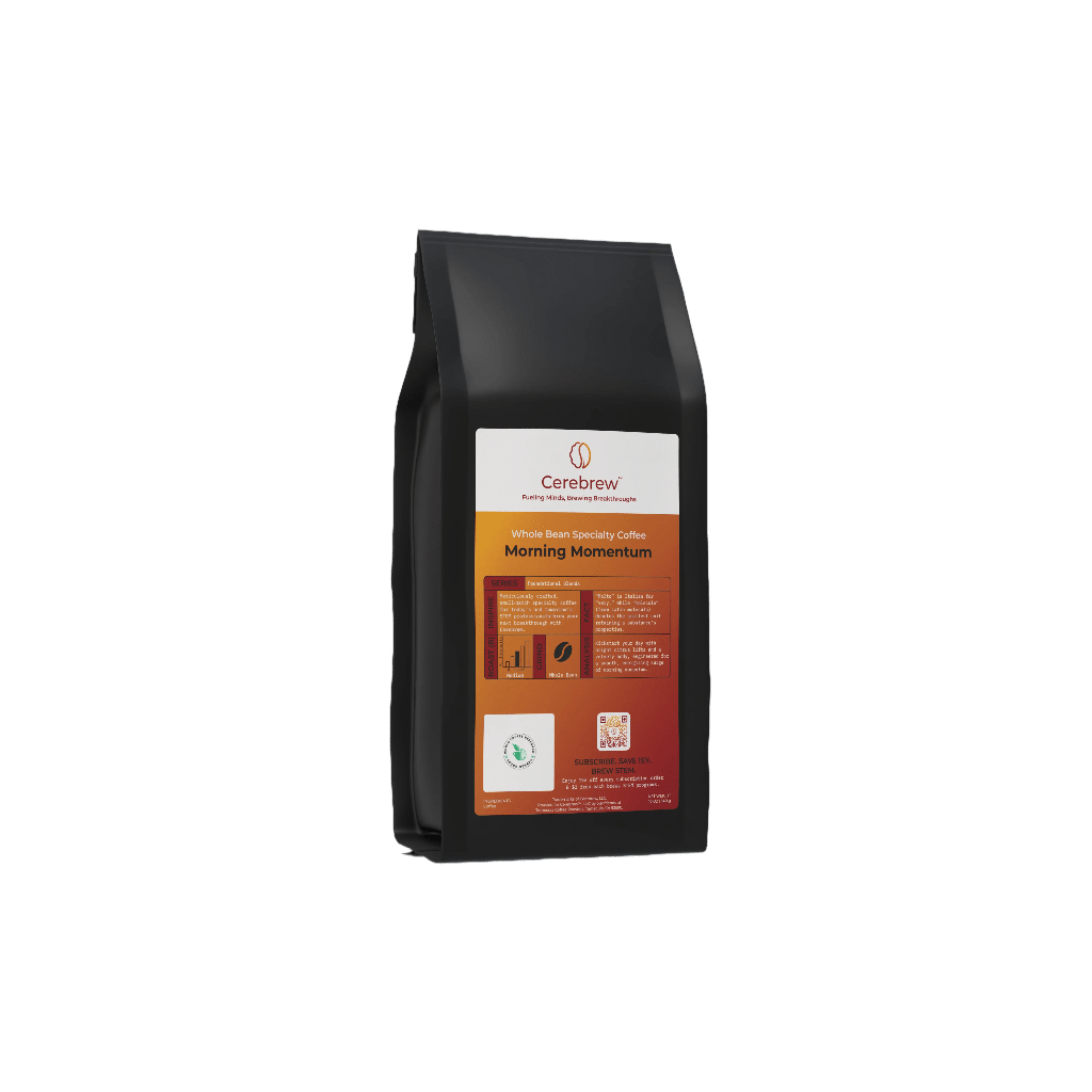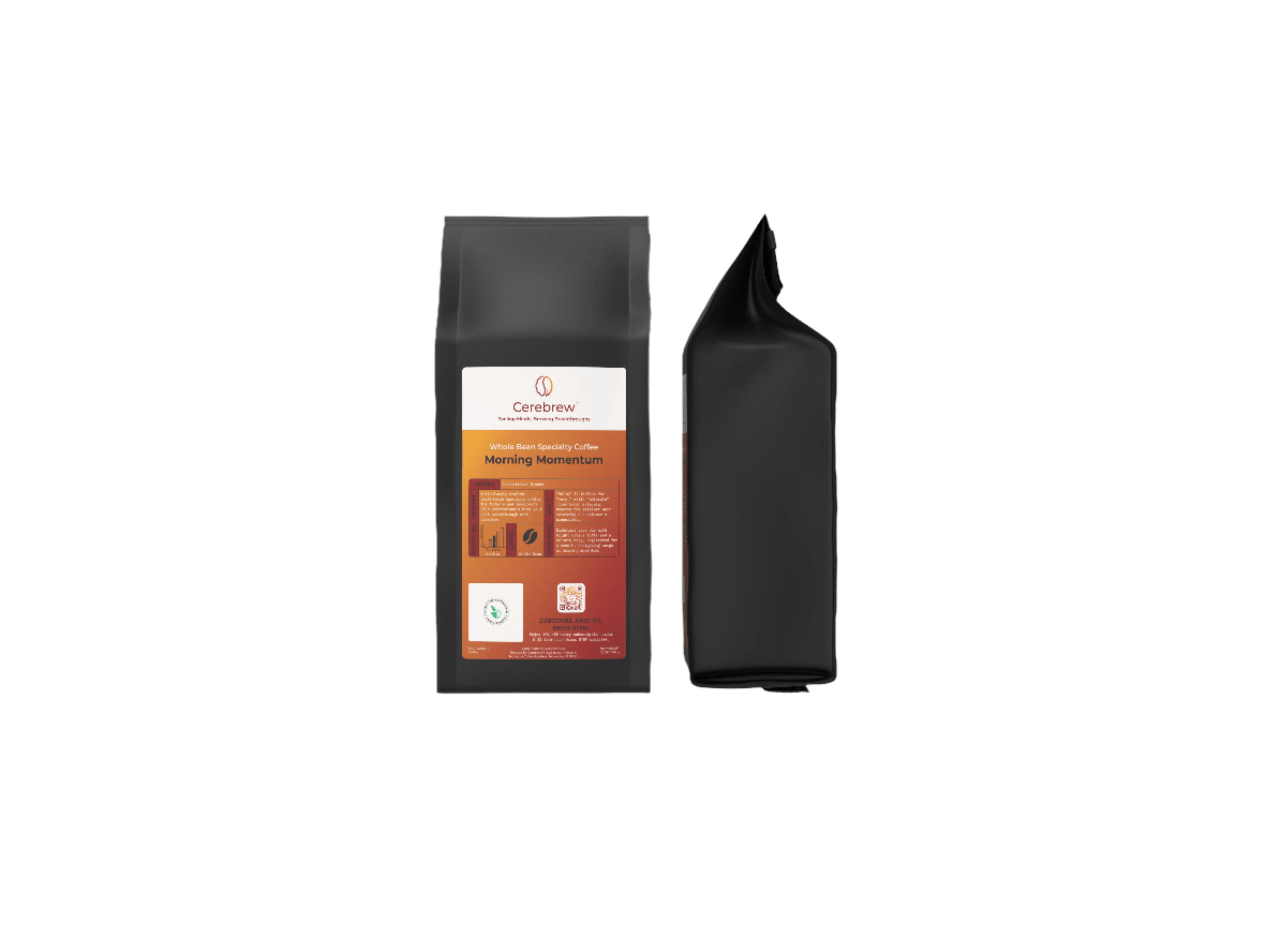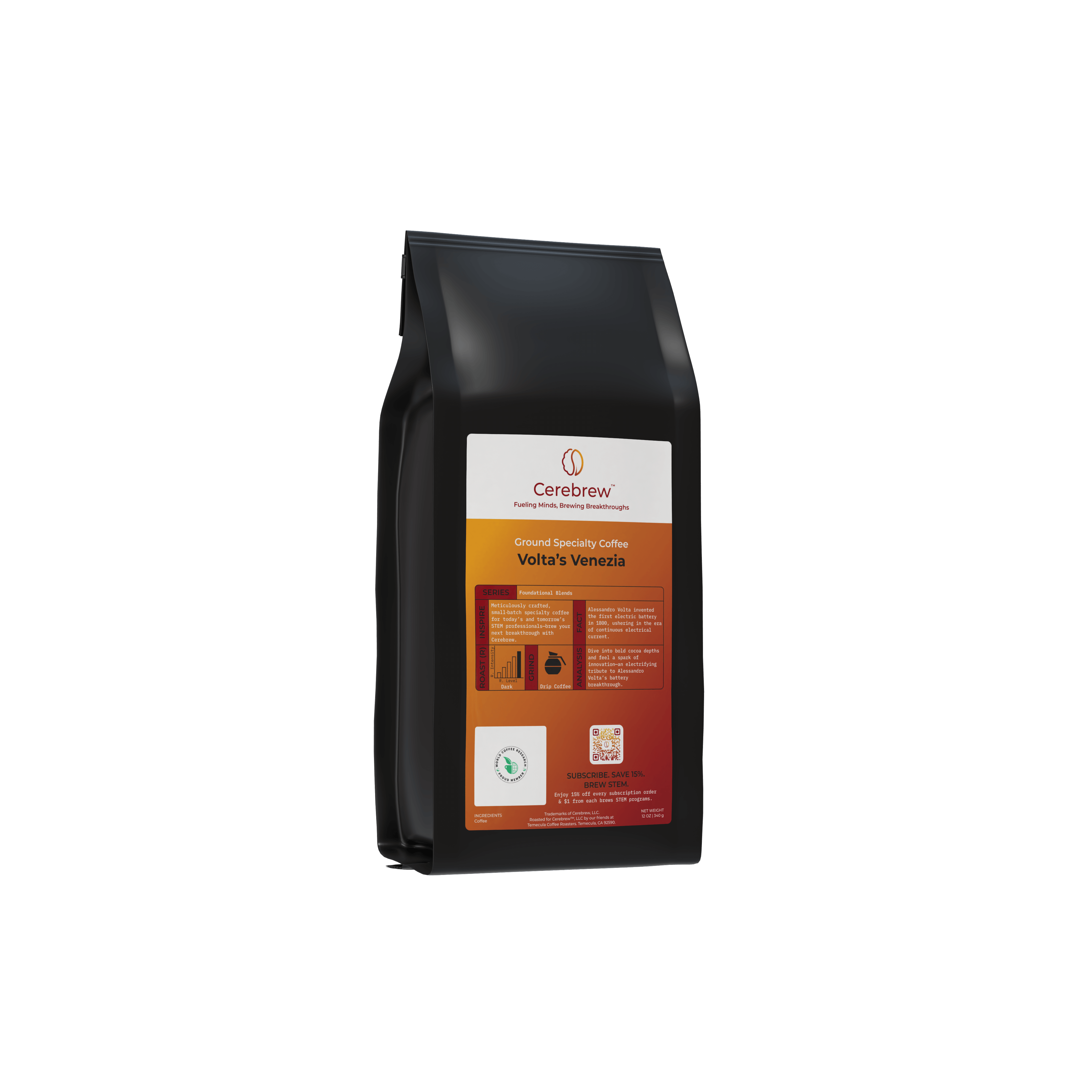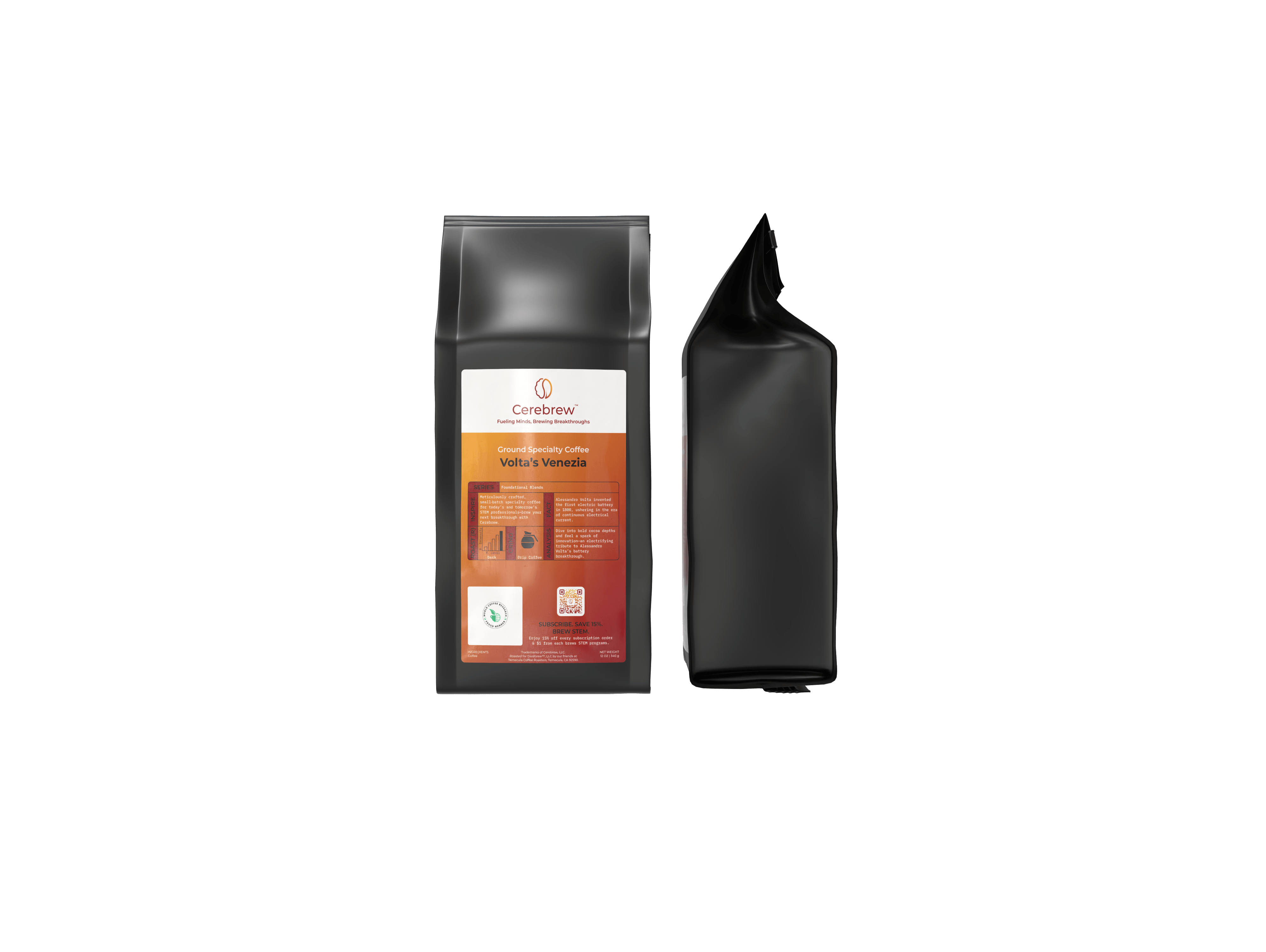Are Coffee Filters Compostable?
Composting is an environmentally friendly way to reduce waste and enrich your garden soil. If you're a coffee lover, you might be wondering if your used coffee filters can join the compost pile. Let's explore the compostability of coffee filters and how you can make the most out of them.
Compostable coffee filters are those made from natural, biodegradable materials that break down over time, returning nutrients to the soil. Most commonly, these filters are crafted from paper, which is easily decomposable. However, it's essential to ensure that the filters you're using are unbleached and free from any synthetic additives, as these can hinder the composting process.
Are All Coffee Filters Compostable?
Not all coffee filters are compostable. While many paper filters are, those that are bleached or contain synthetic fibers should be avoided for composting. Organic coffee filters, which are unbleached and made from natural fibers, are the best choice for composting. If you're uncertain, check the packaging for labels indicating that the product is compostable or made from organic materials.
Benefits of Composting Coffee Filters
Adding coffee filters to your compost pile offers several benefits. They break down quickly, adding carbon-rich material to your compost. This helps to balance the nitrogen from green waste, like vegetable scraps, resulting in rich, fertile compost. Moreover, coffee grounds themselves are a valuable addition, providing nitrogen and improving soil structure.
How to Compost Coffee Filters
To compost your coffee filters effectively, follow these steps:
- Check the Material: Ensure that your coffee filters are made from unbleached paper or other compostable materials. Avoid any filters with synthetic components.
- Remove Excess Coffee: While coffee grounds are excellent for composting, too much can create an imbalance. Shake off excess grounds before adding the filter to your pile.
- Shred the Filters: Tear the filters into smaller pieces. This increases the surface area, helping them break down faster in the compost.
- Mix with Other Materials: Combine the shredded filters with a mix of green and brown compost materials. This includes kitchen scraps, leaves, and grass clippings.
- Maintain Your Compost: Keep your compost pile moist and turn it regularly to promote aeration and speed up decomposition.
 Conclusion
Conclusion
Incorporating compostable coffee filters into your composting routine is a simple yet effective way to reduce waste and enhance your garden soil. By choosing organic, unbleached filters and following proper composting practices, you can contribute to a healthier environment. Not only does this practice promote sustainability, but it also turns your daily coffee habit into a rewarding eco-friendly endeavor. So, next time you brew your morning cup, remember that your coffee filter can be a part of the cycle of renewal.










